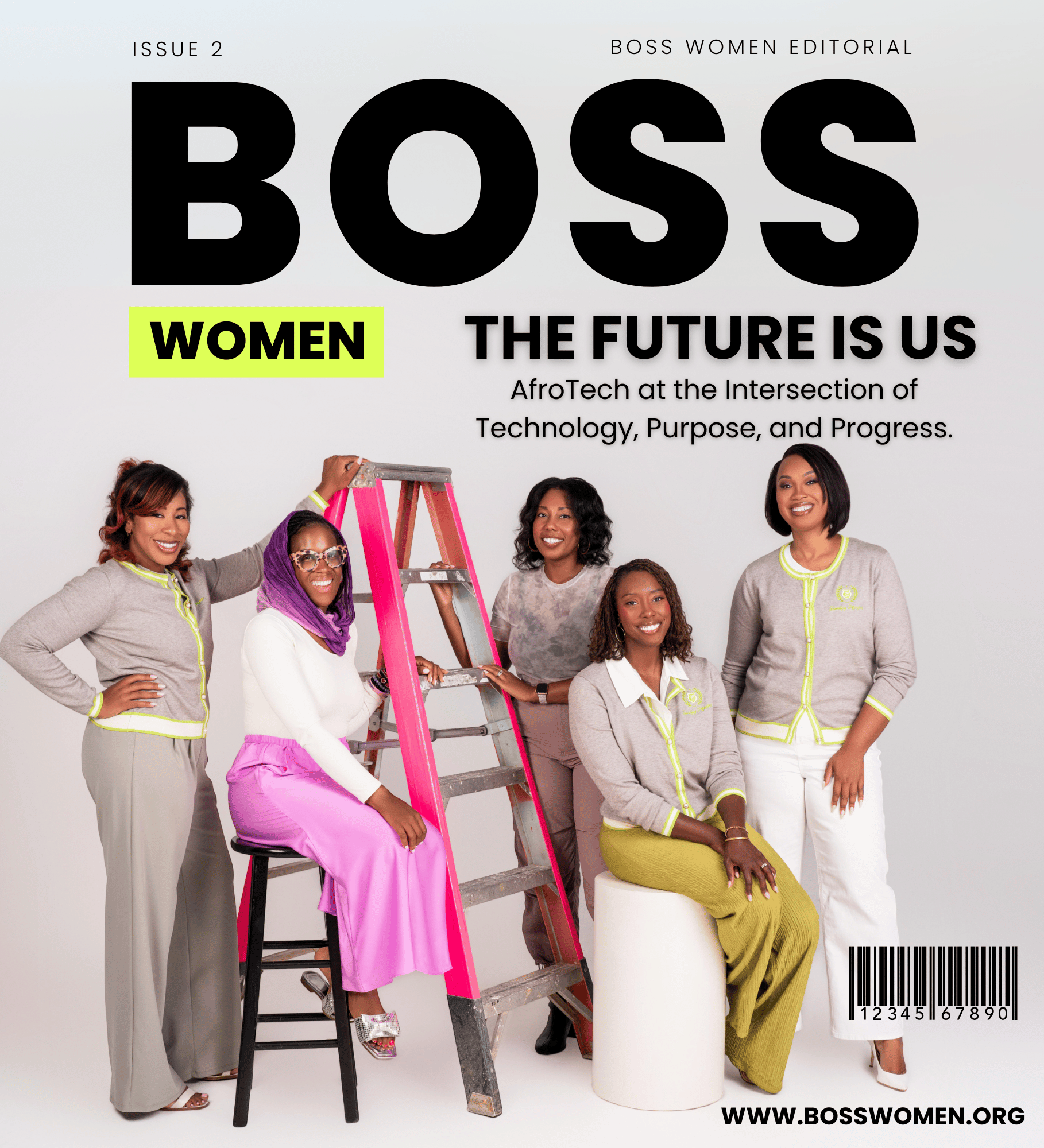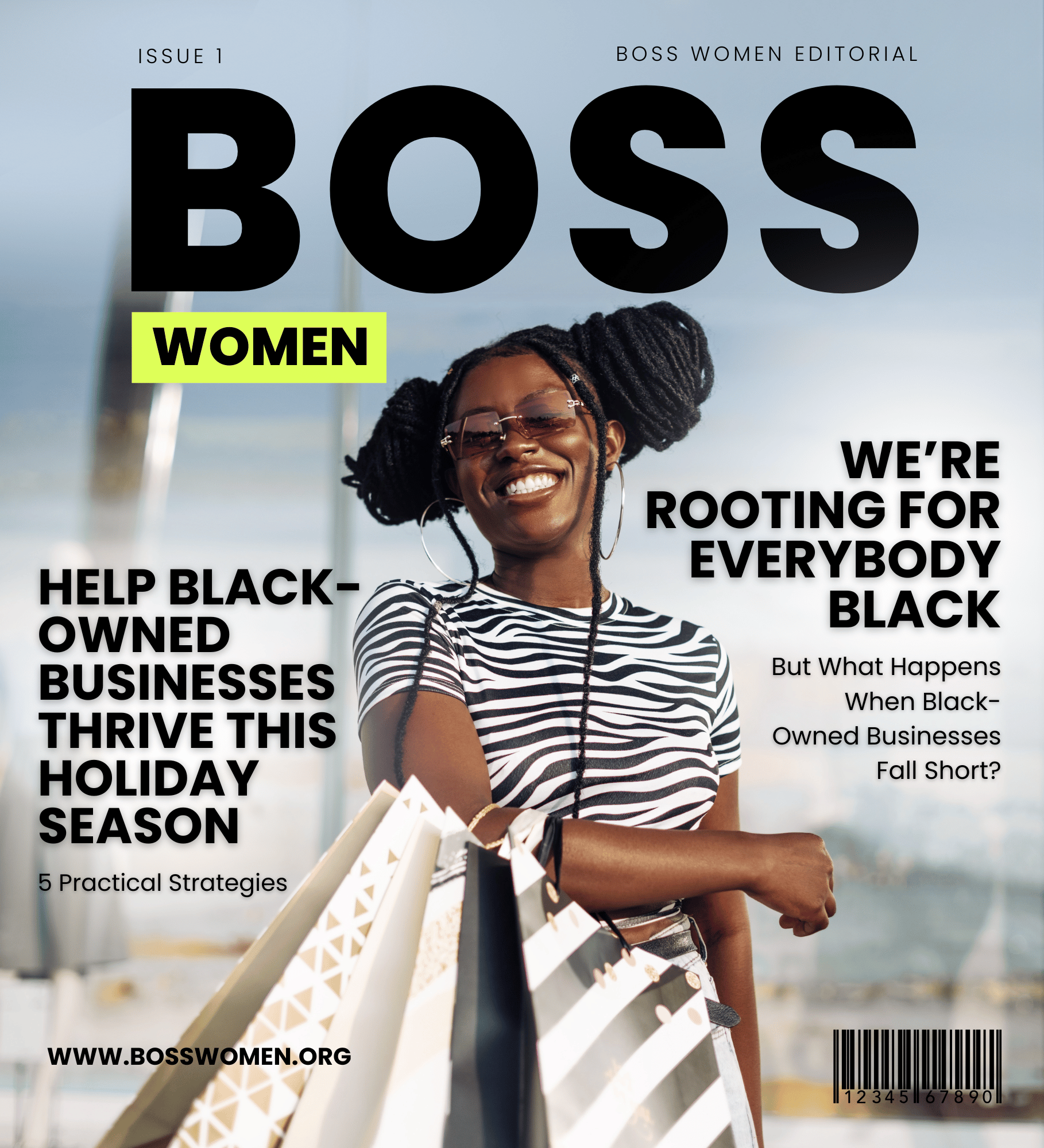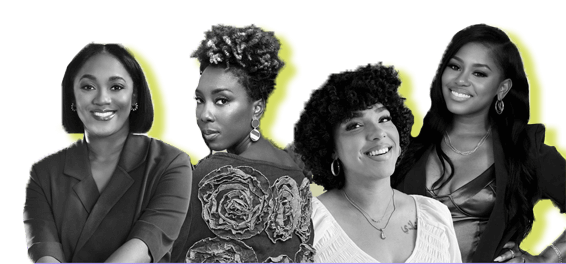At Boss Women Media, we are firm believers in prioritizing mental health and wellbeing at every stage in life. It’s a topic that our Founder Marty McDonald touched on recently in her piece, “A New Motherly Love” and it’s one that we are excited to unpack through the lens of the workplace.
As we shared last week, in recognition of Mental Health Awareness Month, we are talking about the experiences of Black women in the workplace, and the trauma that can come as a result of unhealthy environments.
We caught up with Dr. Reston Bell to learn more about workplace trauma and how it plays out specifically for Black women today.
Can you describe what trauma is and what makes workplace trauma unique or different from other forms?
Our society prides itself on always pushing through hard times and hustling 24/7. We push ourselves to the limit and don’t recognize when we’ve gone too far. And it’s that mentality that can be a breeding ground for trauma.
Trauma can be viewed as an encounter or a series of encounters that touch us in a way that changes us. It’s an unwelcomed, unsolicited and undesired experience that often leaves us feeling unfamiliar to ourselves.
Workplace trauma is interesting in that we voluntarily place ourselves at work. So the experience, as a worker, is one that we choose to be in despite experiencing levels of toxicity. We remain because the workplace is tied to our livelihood. It’s how we take care of ourselves, our families, etc. So the experience of trauma is complicated within the work context.
How are those experiences of workplace trauma different for Black women?
How is it not? We have all of these quotes and statements within our community like, we have to work twice as hard to be half as good. We are often prejudged before we even open our mouths. And not uncommon is also this notion of the angry Black woman.
So I think we are working against very specific negative notions about who we are in these spaces. Because of that, when we go to voice our truth we are not fully heard or believed. Often there is a misconceived notion that we are strong enough to handle it.
For Black women in workspaces, there is a lack of response or belief of our concerns. While we are strong, we are even more so deserving of being protected, feeling safe and heard. People have these notions about our strength that undermines our humanity. The idea of us needing to be protected is not what’s globally put out there.
What are the effects of that kind of trauma (not being heard or feeling protected)?
Let’s be clear: defenses are not entirely a bad thing. They are born out of some type of adversity or need for them. At some point in our experience, we felt like we needed to do things in a certain way in order to survive.
What was once adaptive may no longer be serving us well or serving the same function. This can become painfully clear when our bodies, after holding so much stress and trauma, physically respond with hypertension, chronic fatigue, migraines, heart disease, and other conditions.
So yes, there is an obvious relationship between our bodies and our physical health. They occupy the same space. We are impacted in a variety of ways, and the statistics are staggering for the Black community. All that’s to say, we have to take the necessary precautions to identify our trauma and begin the process of healing.
For more information about the experiences of Black women in the workplace, check out this data from Gallup.





